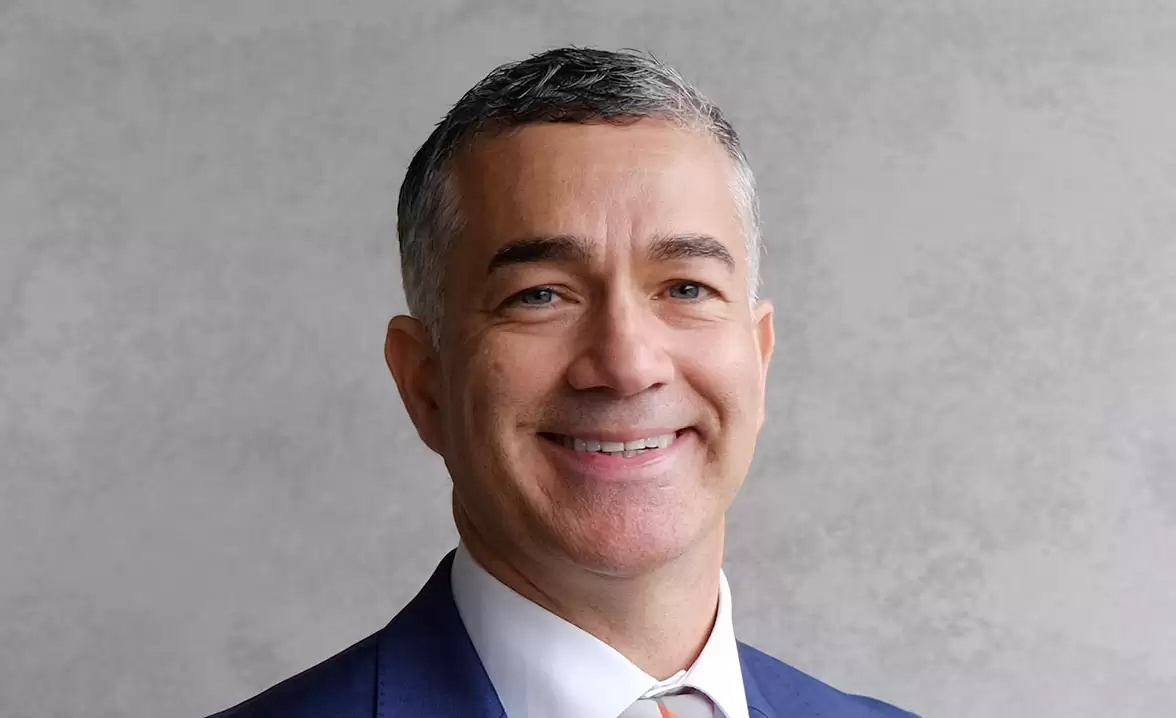MARIO BORG
Masters Broker Group
Director – Strategy & Growth, Business Success Coach
BY ANNIE KANE
Editor – The Adviser
When Mario Borg entered the broking industry in 2004, he didn’t anticipate that he would establish two successful brokerages, hit the $1 billion milestone and become a broker mentor and coach. We find out how he did it!
1. Why did you become a broker?
Before I became a broker mentor, I was a broker for 17 years. I established my first business, Mortgage Achievers, in 2004, at which point I left a senior corporate job. It was quite a significant leap of faith. [But] I wanted to control my own destiny, my financial future. And I also had a love for propert and finance. I bought my first property with my ex-wife at the tender age of 18, and then my second property at 21, so I already had that understanding around real estate, property and finance. Mortgage broking was just a natural business for me to get into.
2. What kind of loans were you writing?
One thing that I believe in is that you can’t be all things to all people, and that’s the way I approached my business. I stuck to residential loans – I didn’t do any commercial loans or anything like that. Within that, it was all first home buyers, owner-occupiers and so forth. But I did have a specialty around investors, based on my own structuring but also just having a strong appetite and a strong skill set on knowing structural investment lending. For the Mortgage Industry.
3. How long did it take you to get to $1 billion in settled loans?
It took me just over 17 years with one support person. It was around the time of settling the sale of my second mortgage broking business, Mario Borg Strategic Finance, in August 2021. In the final year before the sale of MBSF, I settled $88.8 million over 126 loans, so there was an average loan size of $705,000. But over the nine years in which I operated MBSF, I was settling an average of 130 loans per annum with an average loan size of $566,000.
4. How do you ensure that you have good customer service when writing large volumes?
I designed what I call an “aftercare” program right from the start, which was a high-touch model that touched [base with] clients on a regular basis. It wasn’t only wishing a client a happy birthday, but actually taking a genuine interest in their life and touching base with them when there was going to be a change to the loan, for example. One other thing I do is, on my phone, I keep notes. So when a client rings me, I’ll look in there I’ll see their partner’s name, or the husband or the wife or the child. It’s taking a genuine interest in people. It’s what you need in this game to succeed and write good volumes.
5. What processes/techniques have you put in place that enabled you to write such a large volume of business?
Having a process is important. If you’ve got your systems – your processes – then you can’t fail if you follow it, right? Having a good CRM and software is obviously very important but for me, every client had an aftercare task attached to them. We would update when we last spoke to them and what we spoke about on an ongoing basis. It’s the only way to manage when you’ve got so many clients – you can’t do it any other way.
6. What advice would you give to a broker looking to provide better customer service?
You can have the best systems, the best processes, the best aftercare program in the world. But if you don’t take a genuine interest in people and your clients and in their journey, then you’re not really going to succeed. It’s also about being prompt and responsive: so, returning phone calls on the same day, acknowledging emails, acknowledging texts. It’s so hard to find people that actually acknowledge your communication. If somebody sent you an email and you can’t deal with it right there, then it’s about setting expectations but also acknowledging.
7. What do you attribute to your success as a broker and what makes a good broker?
There are three key attributes: first is having sales ability and being able to instil confidence in people – because people aren’t just buying a home, they’re buying confidence. Second is having genuine interest in people and the third one is technical competence. You might be the best salesperson in the world and have genuine interest, but if you don’t have a thirst for ongoing learning, then you’re never gonna get the marks. People are buying your expertise. But I would also add that it’s also knowing your numbers – knowing the levers. So if you’re trying to achieve certain goals and certain targets, you’ve got to know the levers. It’s about how many outbound calls you make in a day, how many leads are coming in, what type of leads, what you’re converting.
8. Any final words of wisdom?
I think it’s important that a lot of brokers aren’t working themselves to the ground but are keeping a healthy body, human mind, I think that’s just absolutely critical. You can be working 10-12 hours a day and you’re not making time for yourself. It might be a hobby, going to the gym or going for walks or having date nights with your partner – whatever the case may be. Looking after yourself is important because if you’re not right, nothing else is going to work. Remember, it’s not about writing $1 billion or $2 billion or whatever you’re trying to get to. It’s about you being content and looking after yourself.
Kane, A (2022, July). Billion Dollar Broker: How Mario Borg Settled $1BN in Loans.
The Adviser, 16.07, 14-15
(https://www.theadviser.com.au/supplements/87-the-adviser-july-2022#book/)

